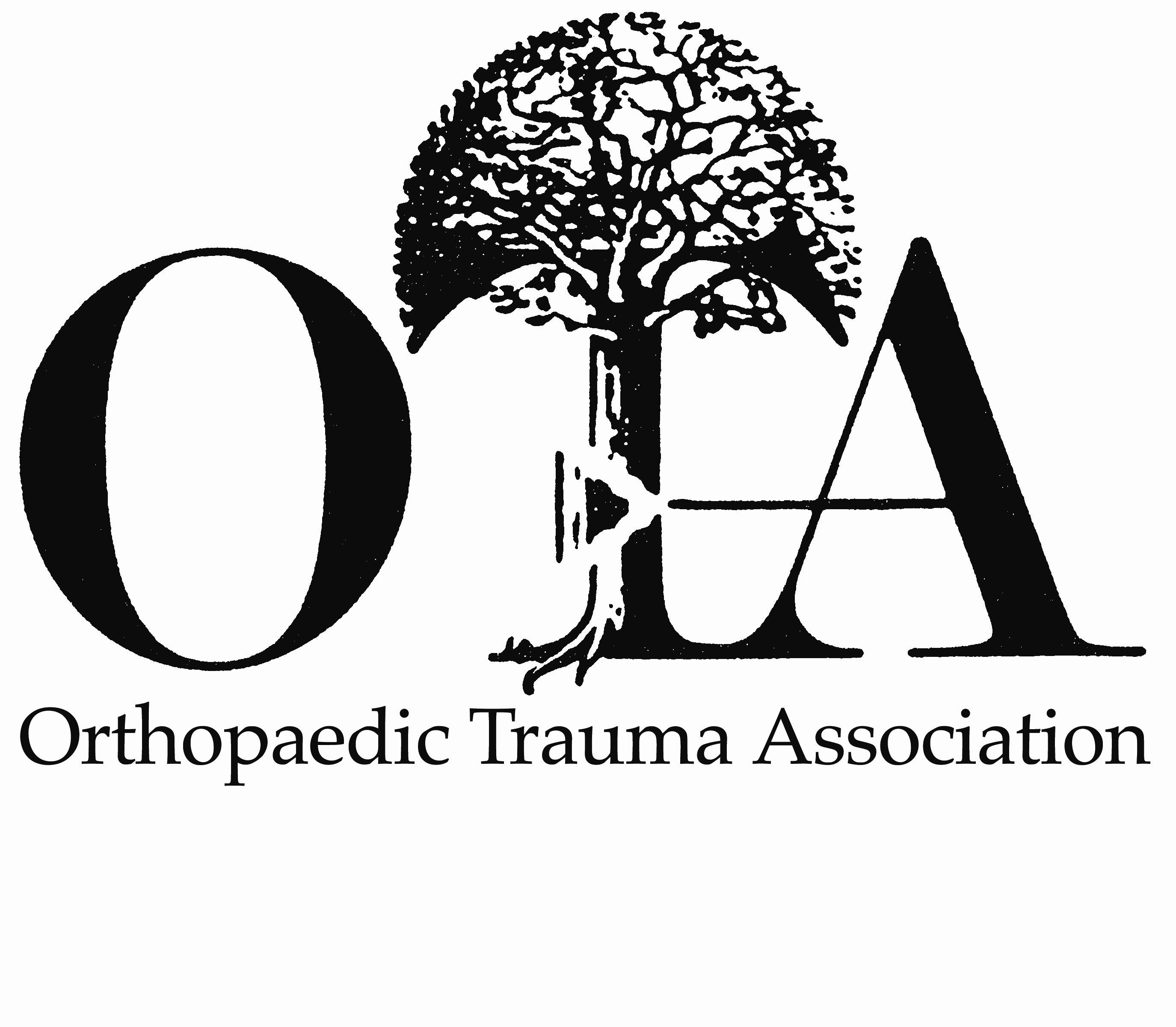
General Orthopaedics
OTA 2019: Feasibility of including cognitively impaired patients in an RCT on hip fractures
60 patients between the ages of 55-95 with low-energy intertrochanteric unstable proximal femoral fractures were randomized to receive a dynamic hip screw or intramedullary nail. The primary outcome of interest was the performance of the timed up and go (TUG) test, measured at 2, 4 and 12 weeks. Patients completed the abbreviated mental test score (AMTS) to determine the level of cognitive impairment. The results of this study found that patients with AMTS scores < 8 were less likely to perform the TUG test and attended follow ups at a lower rate compared to patients with AMTS => 8.
Unlock the full article
Get unlimited access to OrthoEvidence with a free trial
Start TrialCritical appraisals of the latest, high-impact randomized controlled trials and systematic reviews in orthopaedics
Access to OrthoEvidence podcast content, including collaborations with the Journal of Bone and Joint Surgery, interviews with internationally recognized surgeons, and roundtable discussions on orthopaedic news and topics
Subscription to The Pulse, a twice-weekly evidence-based newsletter designed to help you make better clinical decisions
Exclusive access to original content articles, including in-house systematic reviews, and articles on health research methods and hot orthopaedic topics
Or continue reading this full article
Register Now

Subscribe to "The Pulse"
Evidence-Based Orthopaedics direct to your inbox.




































